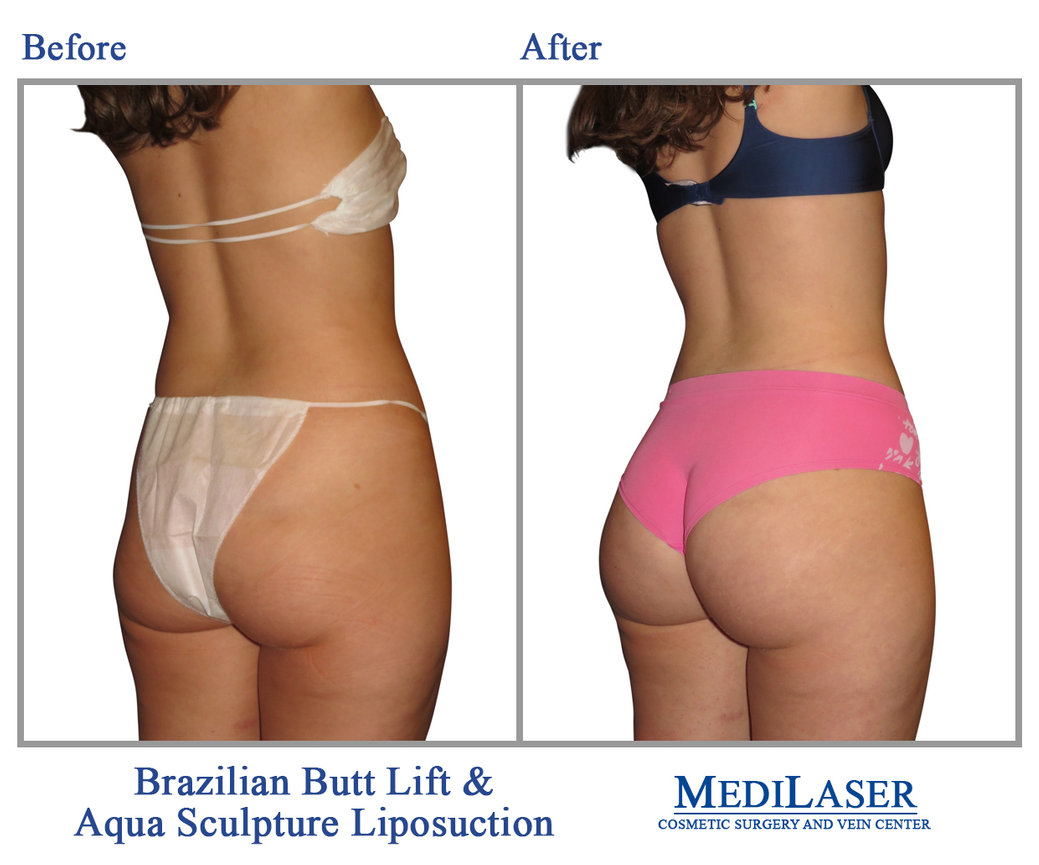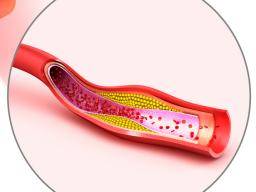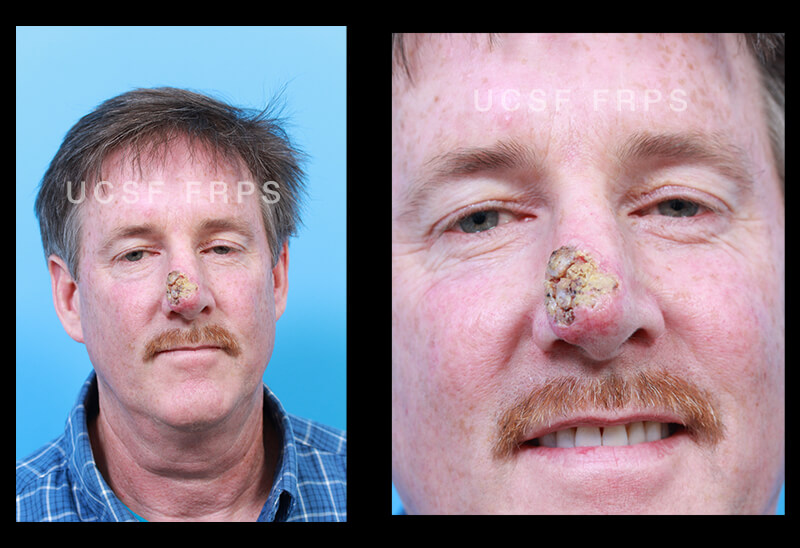
There are many treatment options for a deviated Septum. You can undergo surgery to correct this problem, or opt for a more conservative treatment option. Before you decide on a surgery, make sure to understand the risks and benefits. In certain cases, you might need additional repairs such as a septum.
The treatment options
Deviated septums can make breathing difficult. There are several options available to treat this condition. These treatments can ease the symptoms of sinusitis and stuffy nasal passages. They also delay surgery. Decongestants are medications that reduce nasal swelling. These medications can be used by mouth or applied directly to the nasal cavity using a nasal spray.
If it isn't severe enough to cause any long-term complications, a deviated septum can usually be treated without surgery. However, if it gets so severe that it interferes with breathing, surgical intervention is required. ENT doctors, also known as otolaryngologists, typically recommend surgery if non-surgical treatments don't work.
Surgical options
You can have your nasal congestion reduced and breathe easier by having your septum corrected surgically. You have two choices: repair of the valve or reduction of the turbinate. You can also have surgery done to remove polyps, or to improve the function your sinuses. You should be aware of the risks and benefits associated with surgery if you are thinking about it.

While surgical treatments will not cure all deviated septums however, if the septum is causing persistent congestion or interfering with your breathing it might be worth considering surgery. A deviated septum can make your nose look crooked and make you feel self-conscious about your appearance. A septoplasty, which can correct nasal structural anomalies and straighten the septum, is an option. Patients can return home that same day with minimal bruising or scarring.
Surgeon complications
Sinus infections can be caused by a deviated septum. Infections can cause inflammation, irritation, and even infection in the nasal passages. If left untreated, these infections can spread to the brain tissue, causing brain damage or seizures. In certain cases, surgery may be necessary to correct the deviated septum.
A deviated septum can cause complications. While the risks are low, long-term complications can occur. These symptoms include bleeding or pain, as well infection. Sometimes, patients will need consultation with a neurologist to address any complications.
Allergy treatment
A doctor diagnoses deviated septum by looking at the symptoms, as well as a physical examination of your nose and sinuses. A doctor will ask questions about patient's lifestyle and symptoms to help identify the underlying cause. To determine the severity of the septum defect, they may perform a CT scan.
In some cases, allergy treatment for deviated septum will help patients reduce the symptoms of the condition. It can reduce the swelling and congestion of the septum, the surrounding tissues, and may also help with breathing problems. But it will not solve the underlying problem.

Alternatives to Surgery
While surgery is the most common way to correct a deviated septum, there are also alternatives available. The best minimally invasive option to traditional surgery is endoscopic septoplasty. Endoscopic septoplasty allows surgeons to see the bone and cartilage in detail, which makes it possible to pinpoint the exact cause.
The surgery corrects the deviated nasal septum by straightening it, then reinserting into the nose. To achieve proper alignment, the surgeon might need to make some cuts and then insert the septum again. This allows for more airflow to the nose. Patients should know that this surgery is not permanent and that other conditions could make it worse.